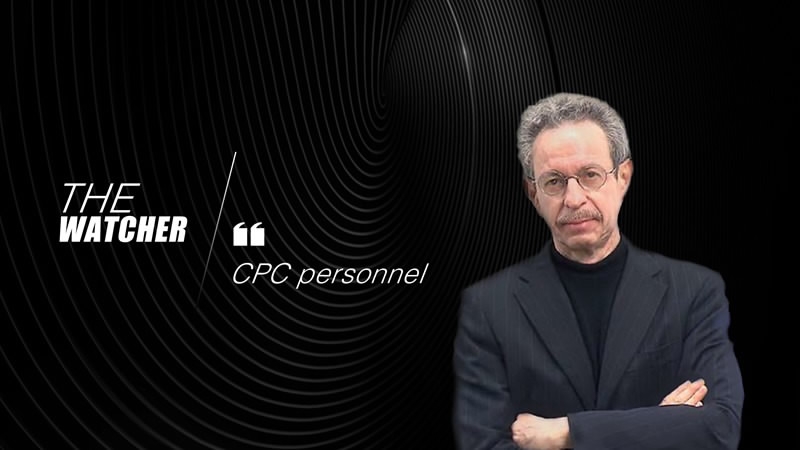
China
10:03, 24-Oct-2017
The Watcher: CPC personnel
By Robert L. Kuhn

I’m Robert Lawrence Kuhn and here’s what I’m watching… How the Party selects, trains, monitors, promotes and disciplines its officials.
It continues to mystify foreigners that the Communist Party of China, the CPC, the Party, continues to be China’s ruling party – now approaching seven decades – and that the CPC has brought about China’s dramatic development, lifting hundreds of millions out of poverty and rejuvenating the nation as a global power.
A partial solution to this “mystery” is the quality of Party personnel, brought about, in part, by the Party’s inner sanctum of personnel management. There’s also the dark side – how the Party fights corruption, extravagance, and abuses of power.
In China, more than in other major economies, the policies of the country depend on the personalities of the leaders. That’s why, at all CPC National Congresses, a primary interest is always personnel appointments – “elections”, if you like – and the 19th is no exception.
The morning after the Congress ends, following the first plenary of the 19th CPC Central Committee, the new Standing Committee of the Political Bureau walks out on stage, in rank order, to meet the world’s press.
The atmosphere is electric. Who’s in? Who’s out? Who has which portfolio? After waves of rumors over months, even years, the line-up of China’s senior leaders for the next five years becomes official.
The professionalism of Chinese officials is not limited to senior leaders. High-quality public management is pervasive. From ancient times, China has a long history of recruiting its best and brightest into public service, a sophisticated process that the CPC has adapted for contemporary times.
Not much known in the West, the CPC’s “Organization Department” is responsible for selecting, training, monitoring, assessing and promoting the party and government officials – and when necessary, for demoting or firing them. The process is rigorous, quantitative and continuous – with increasing transparency and broad-based participation.
Training is intense and career-long. Senior officials go to the Central Party School for mid-career learning, which can last three months – studying market economics and business management as well as Marxist theory – “with Chinese characteristics”, of course.
CPC rules of work-style and personal behavior are now firmer. An eight-point regulation rejects extravagance and reduces ceremonial visits, meetings and "empty talk." A training campaign stresses strictness in morals, power and self-discipline, and honesty in decisions, business, and behavior.
For almost 30 years I’ve been meeting Chinese officials at all levels – and, in general, Chinese officials are some of the most competent administrators anywhere. But what happens, over time, if ideology is privileged over competence?
I’m Keeping Watch. I’m Robert Lawrence Kuhn.
(Dr. Robert Lawrence Kuhn is a CGTN anchor, a public intellectual, international corporate strategist and investment banker)

SITEMAP
Copyright © 2018 CGTN. Beijing ICP prepared NO.16065310-3
Copyright © 2018 CGTN. Beijing ICP prepared NO.16065310-3